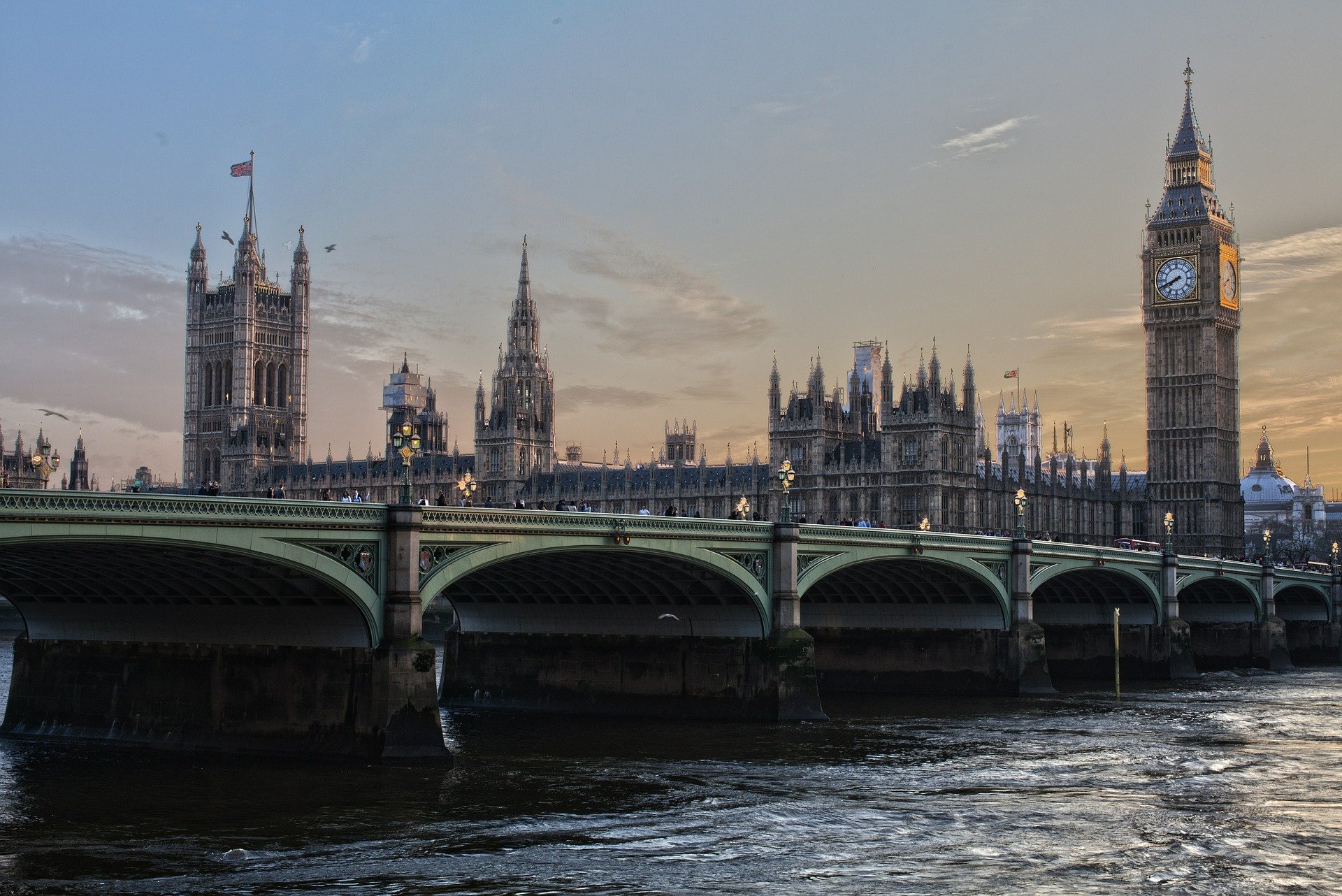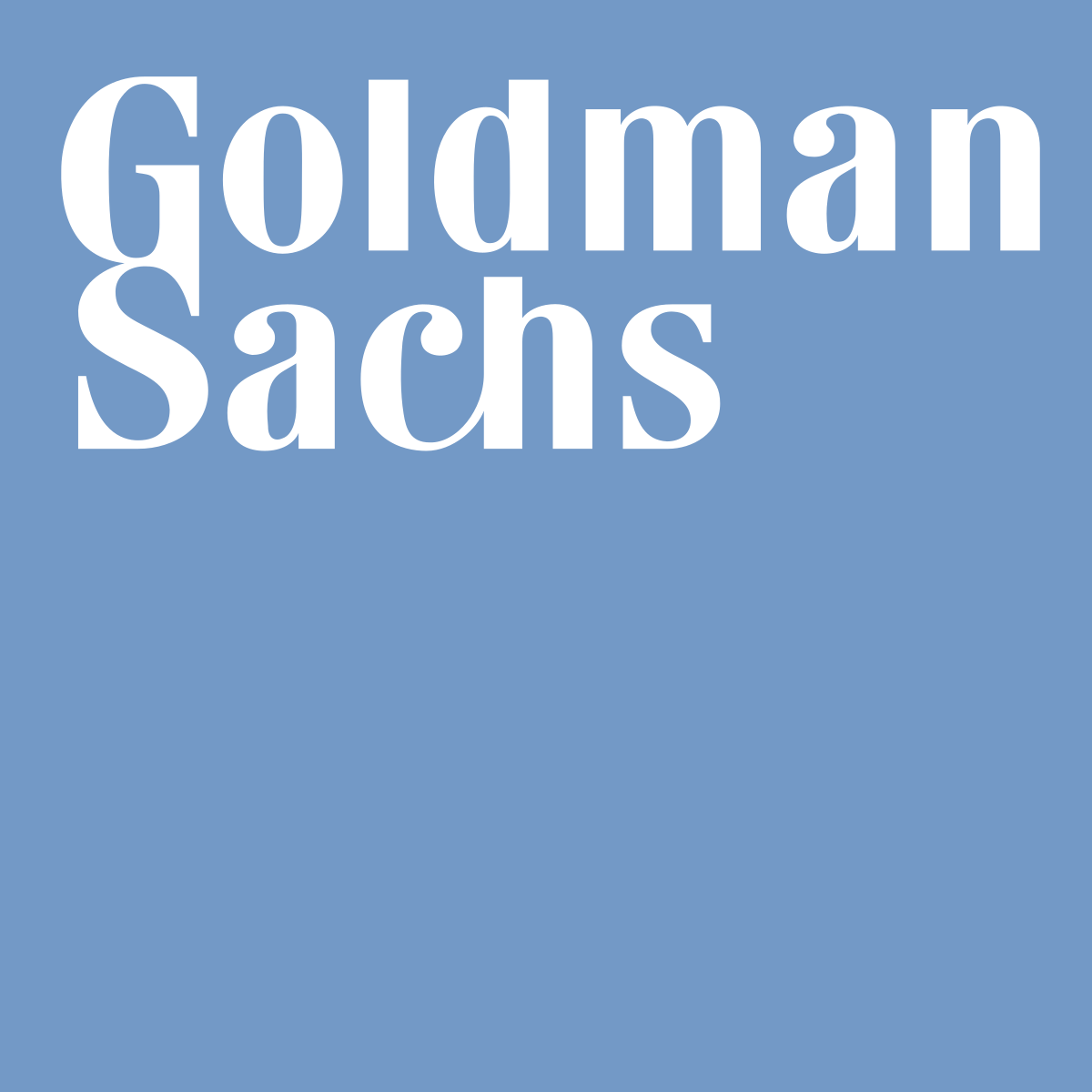Two government bond ETFs were among the top 10 European-listed ETFs to see outflows last week, a sign investors are rotating out of safe haven assets.
According to data from Ultumus, the iShares Core UK Gilts UCITS ETF GBP (IGLT) saw $189m outflows in the week to 7 August, the sixth highest across all ETFs listed in Europe, while investors withdrew $114m from the iShares Spain Govt Bond UCITS ETF (IESP), the tenth most.
With government bonds in Europe negative yielding in many cases, it appears investors are looking to gain exposure to riskier investments amid a return to normality in markets following the coronavirus turmoil.
Highlighting this, the seven ETFs to see the highest inflows last week were all equity products.
In the case of Spanish government bonds, they are yielding below 0% until around seven years with the 10-year yielding 0.25% while the five-year UK gilt is currently yielding -0.09% highlighting the little value on offer for holding government bonds.
Peter Sleep, senior investment manager at 7IM, said the lessening volatility was a key reason why investors are rotating out of government bond ETFs.
“I would expect many investors are looking to employ their capital in positive yielding assets rather than negative yielding assets,” Sleep added.
Despite concerns about a second wave in coronavirus, markets have continued to grind higher with the S&P 500 now up 3.1% for the year, as of 10 August.
The situation is more perilous in Europe with virus cases rising sharply especially in countries such as Spain, however, analysts at Goldman Sachs are confident the virus will be contained more effectively this time around, a positive for risk-on assets.
In a research note, Sven Jari Stehn, global head of investment research at Goldman Sachs, said: “The infections so far remain geographically quite concentrated, hospitalisation rates have fallen and authorities have been quick to adopt containment measures (including local lockdowns and mandatory face mask wearing).
“We therefore believe that Europe is better placed than in March and April to contain the virus and limit the economic fall-out from doing so.”



